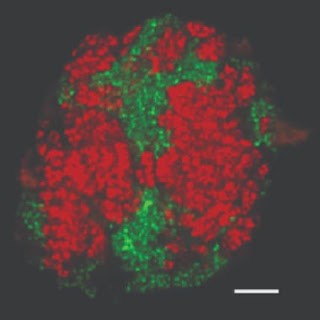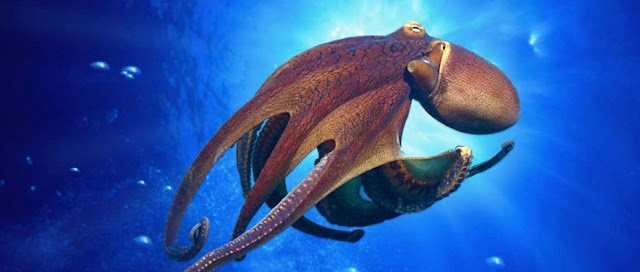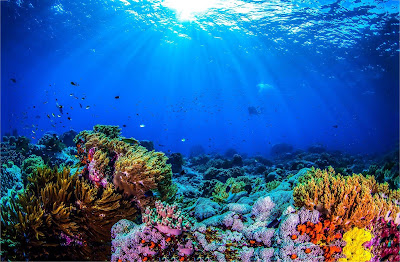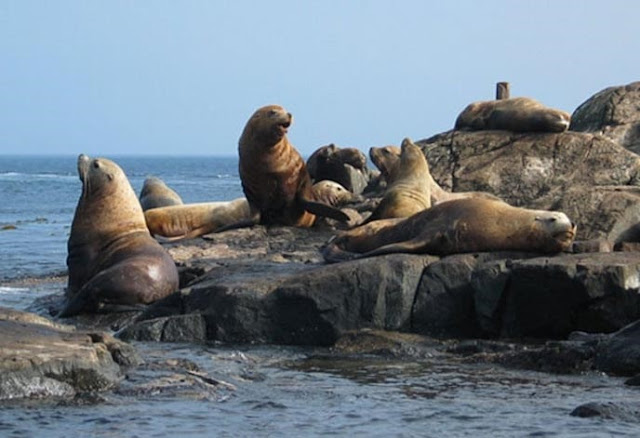Deep Sea Microbes That Feed On Ethane Are Discovered
Researchers find the deep-sea microbe that feeds on ethane, what is particularly amazing is that the mechanism can be reversed. The study has been carried by a group of researchers from Planck institute for marine microbiology and MARUM- Center for marine environmental sciences. The microbe was discovered in the seafloor of the Guaymas basin at a water depth of 200 meters in the Gulf of California.
Hydrothermal vents release large amounts of methane and other gaseous alkanes into the marine surface. Some natural components such as butane and propane can be broken down easily, but in order to degrade the natural gas components, two organisms are required. Consortia of Archea breaks down the alkanes and bacteria leads to coupling to sulfate reduction. However, the growth rate of these organisms is very slow and can only divide every few months.
An experiment in the laboratory
Using hydrothermal sediments of the Guaymas basin and ethane as a substrate, the microbial consortia (Archaea) has been discovered and named "Ethanoperedens thermophilum" and its partner bacterium has "Desulfofervidus auxilii". The sulfate reduction activity has been doubled in a week, indicating much faster growth than ever described before.
Another interesting fact is that the ethane degradation of microbe is reversible. So, the relatives of archaea can also produce ethane from carbon dioxide, which is an important aspect in the field of biotechnological applications.
The microbial consortia reduce fluxes in the gaseous fluxes in the sea columns. Due to these factors, microbial archaea is a key organism in the global life cycle and the rising atmospheric carbon dioxide concentration in two ways. They use ethane in the deep sea and prevent this gas from reaching the atmosphere. On the other hand, they could provide a solution for the industry to reduce its carbon emissions.




Comments